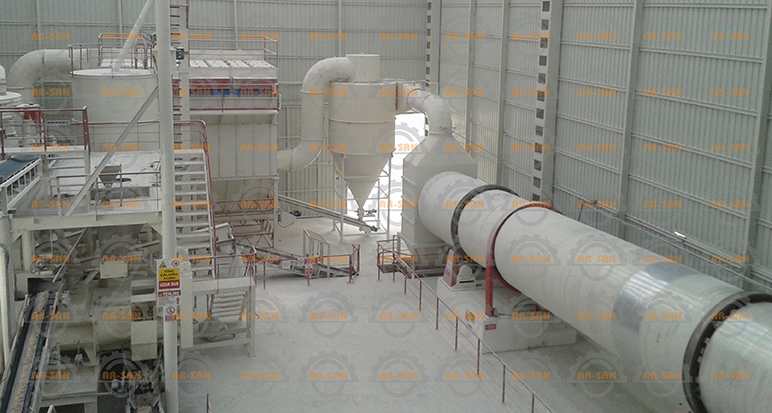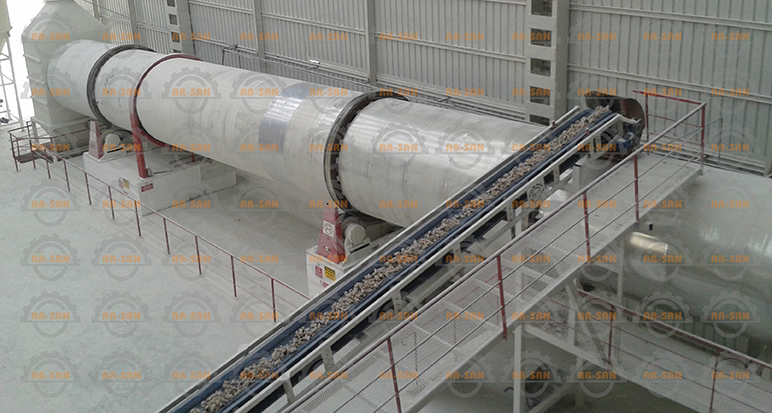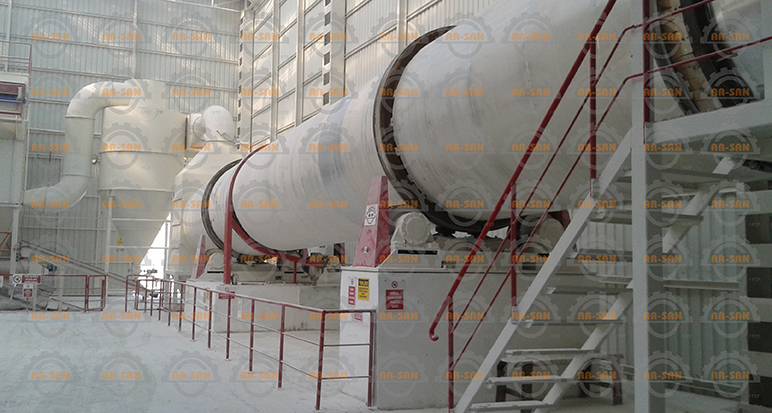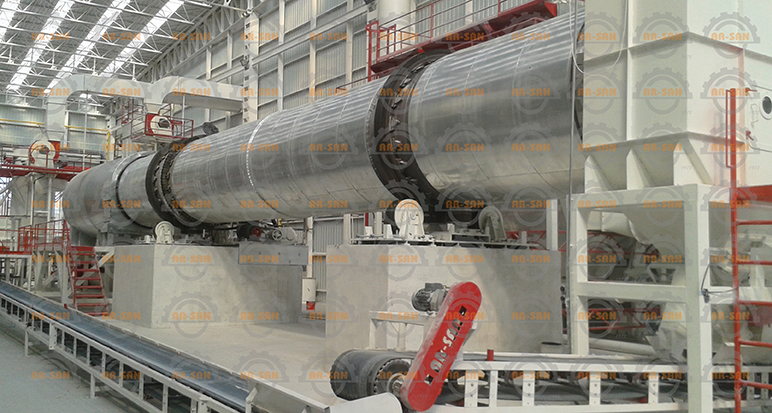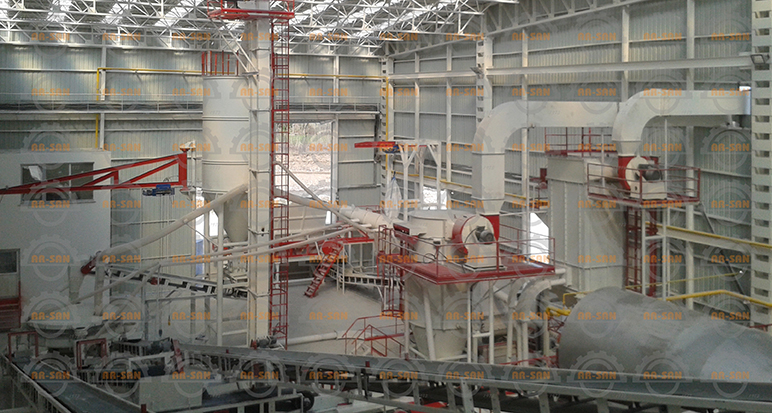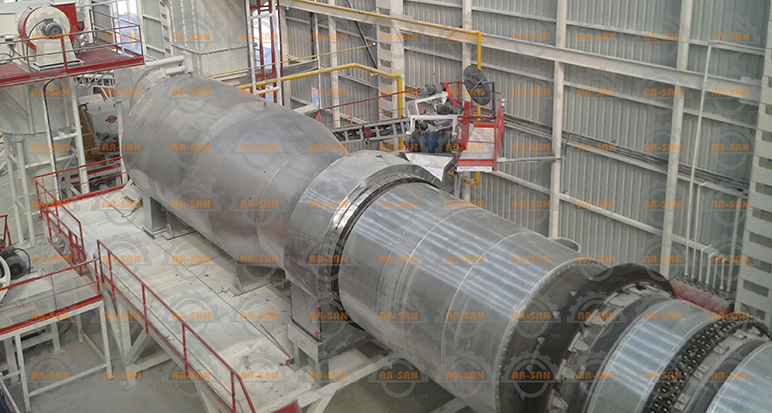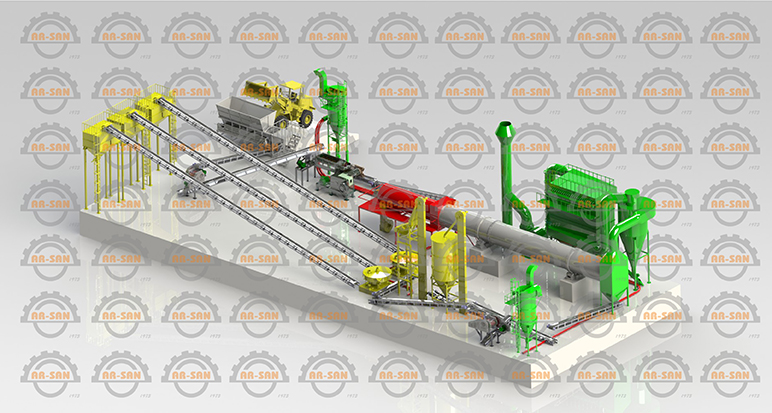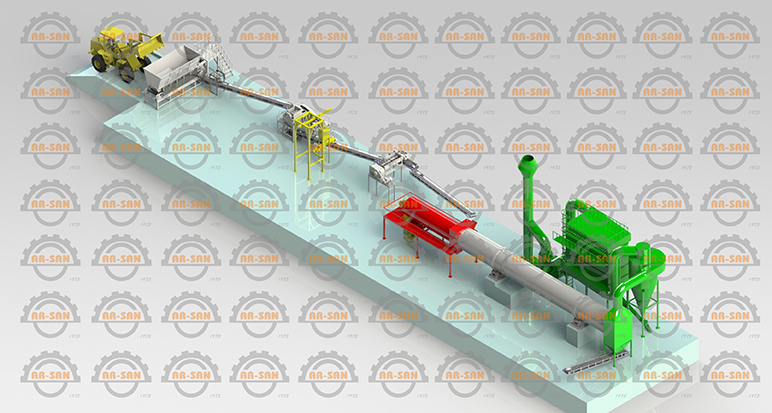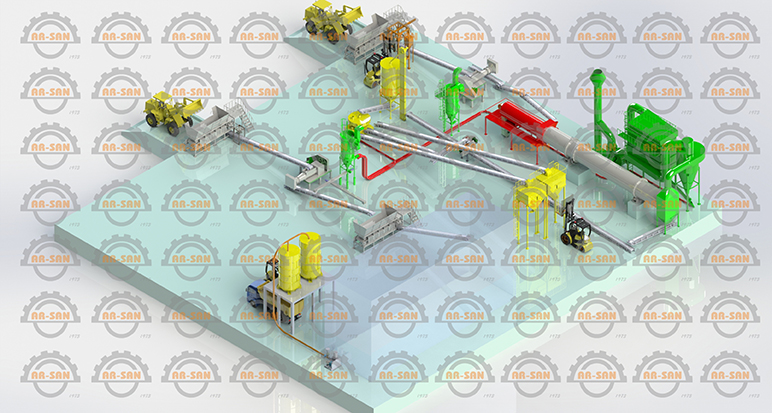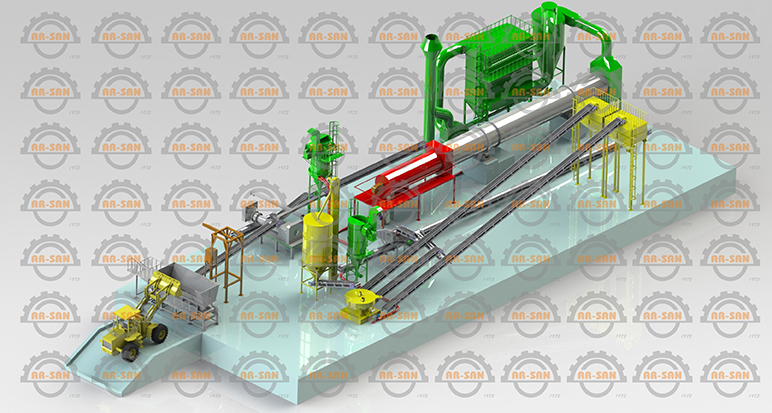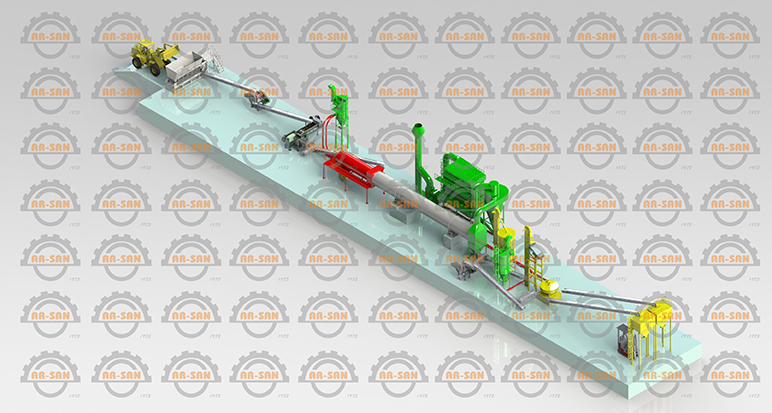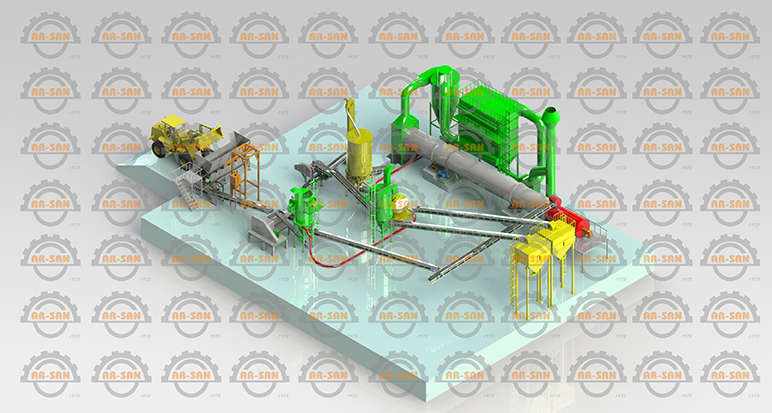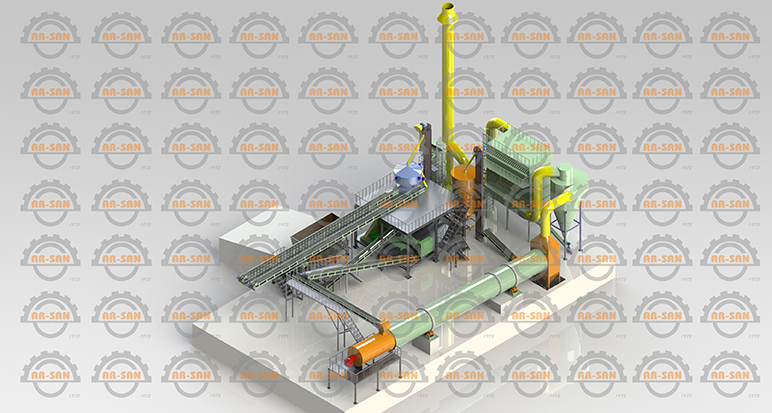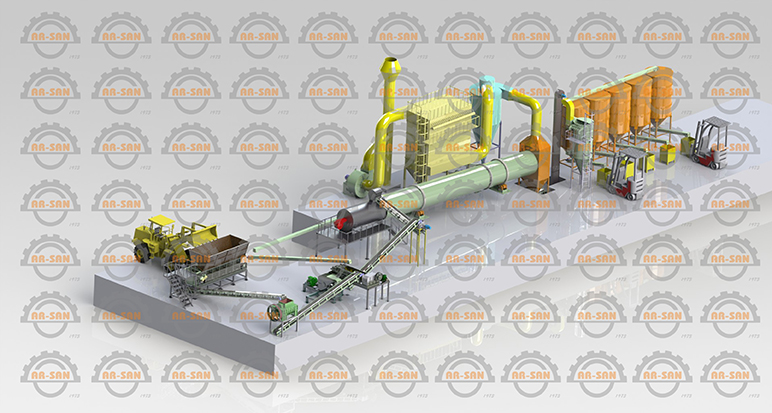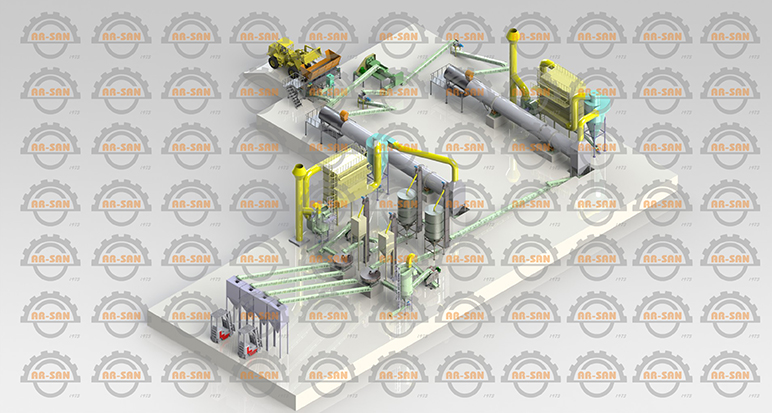BENTONITE PLANT
- Our company implements turnkey bentonite plant projects.Bentonite Formation and Its Uses;
Bentonite is a predominantly siliceous, porous and easily shaped rock consisting of tiny minerals (mainly montmorillonite) crystallized by chemical weathering or degradation of volcanic ash, tuff and lava which is rich in aluminium and magnesium.
Scientifically the formation of bentonite is a result of devitrification based on chemical weathering of vitreous igneous rocks(generally volcanic ash and tuff), which contains colloidal silica, composed of soft, plastic, porous, light-coloured smectite group minerals.
In Turkey, bentonite is located in Biga Peninsula, Gallipoli Peninsula, Eskişehir , Ankara, Çankırı, Ordu, Trabzon, Elazığ and Malatya. High bentonite production is being carried out in Ünye and Fatsa districts of Ordu Province.
Bentonite, a clay variety, is widely used in many areas.
- Foundry and pelletizing
- Paper Industry
- Drilling
- Rubber Industry
- Oil/Food Industry
- a) Clarifying Process (Wine, Beer, Fruit Juice)
- b) Bleaching Process (Oil Industry)
- Agriculture
- Paint Industry
- Ceramic Industry
- Cat Litter
- Pharmaceuticals
- Cosmetics
- Detergents
The term bentonite was first used for colloidal clay with high plasticity found in Fort Benton-Montana, the US in 1898. The same kind of clay is found in Montmorillon region of France; hence it is named after the region as Montmorillonite. It is found with the quartz, mica, feldspath, pyrite and some other minerals.
Bentonite chemical equation is (Na,Ca) (Al,Mg) 6(Si4O10) 3(OH)6 nH2O
Calcium Bentonite (Montmorillonite Clay) is quite pure and white.
Types of Bentonite:
- Silicate Minerals
- Aluminium Minerals
- Magnesium Minerals


